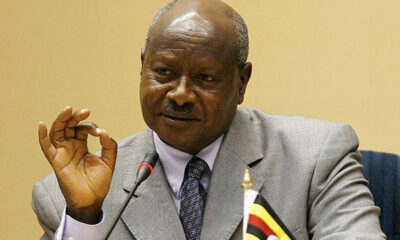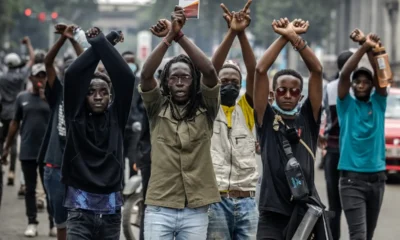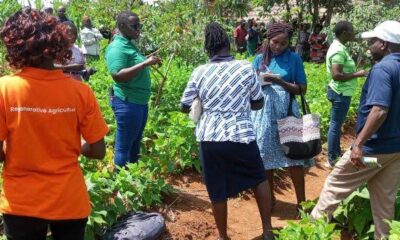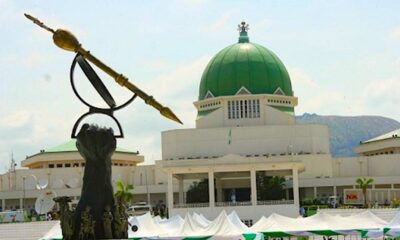“As a nation, we must confront the emergency of our failure to learn!” well-circulated news clips showed veteran Kenyan opposition leader Raila Odinga saying, in reaction to the (lack of) preparedness despite accurate warnings of the floods that by the time he spoke had claimed some 200 lives in the country.
Baba, as Raila is popularly known, must have used the words “as a nation” advisedly for, at the time he was speaking, helicopters were evacuating (wealthy) foreigners from flooded sites as the Kenyan citizens continued drowning.
But Baba might as well have said “as a continent” because of the tendency to watch disaster coming and doing nothing happens in other African countries.
The question then is whether African leaders are doing their best to prevent or contain disasters and, second, the accurately predictable ones occasioned by climate change. The third question is if the best by African leaders is good enough.
If not, then the fourth question is what can be done without alarming the leaders who might become defensive and suspicious of those asking legitimate questions about the protection of life, property and infrastructure. The fifth question is how their capacity to learn can be created by the famous (or notorious) capacity-building workshops.
But, before proceeding, we need to answer a sixth question: Whether failure to learn is an emergency. Failure to learn prevails, otherwise we wouldn’t be acting like the hazards of climate change are unknown phenomena.
I spent a whole year at the beginning of the last decade flying into African capitals from my Nairobi base in service of UNDP and the International Centre for Journalism, training journalists on climate change reporting but, more significantly, lobbying and securing the commitment of chief editors to give priority to the menace threatening humanity.
And there were several senior journalists on the programme, ensuring that the major media in all countries on the continent were reached.
So, even if African leaders were occupied with “more important issues” than climatic threats to lives and livelihoods, if the media had kept highlighting the climate issues beyond reporting about big people periodically meeting in fancy venues to talk about it, the public would be demanding more serious preparedness by their governments. Having to endure senseless but predictable deaths and destruction of infrastructure is, indeed, an emergency.
The seventh question is, who will bell the cat? Who will tell the naked emperors (to be fair some are dressed) that they are naked?
A protocol official who was managing a visiting royal’s schedule once whispered his agonising experience when the foreign monarch overslept after sampling some local somethings, and the mere thought of disturbing the royal sleep was considered sacrilege by the royal entourage, yet the host counterpart was waiting and the clock was ticking away past their meeting time.
The protocol officer had to cause some commotion in the many-star hotel, causing a diplomatic incident to prevent a diplomatic crisis. It takes unusual steps to bell a naked emperor.
Yet the answer to the seventh question already exists: The African Union can, and should, bell the cat. The AU was not created to be a social club for naked emperors; it is meant to make Africa work. But Africa cannot work with the prevailing obstacles to its working: our “Emergency of Failure to Learn!” Don’t abbreviate it, those suffering EFL may think you are talking about a European Football League.
Only last week, Uganda’s National Environment Management Authority (Nema) announced to our largely inattentive public and authorities that the pollution over Kampala is approaching crisis level. The Nema boss reeled off some head-reeling data in particulates per million, summarising it by saying the air over Kampala is eight times above WHO’s permissible levels.
The authorities and public continued yawning.But the Nema fellows dutifully put it clearly that air pollution is now the world’s single leading killer, claiming six to seven million lives annually, about the same number Covid killed in two years, and far more than malaria, HIV, road accidents or anything you can think of.
Nema named Uganda’s top polluters that kill 31,000 a year as vehicles, boda boda, and domestic cooking (charcoal and wood).
When we overcome the EFL and start tackling our EFT (not electronic funds transfer but Emergency of Failure to Think), we may direct the huge electricity quantities we generate but don’t consume to free cooking energy for the urban poor and to mass public transport, thus addressing the identified top causes of death in Uganda.
Nema can talk on but, for as long as we don’t handle our EFL and EFT, their alarm bells won’t move us.
Buwembo is a Kampala-based journalist. E-mail:buwembo@gmail.com
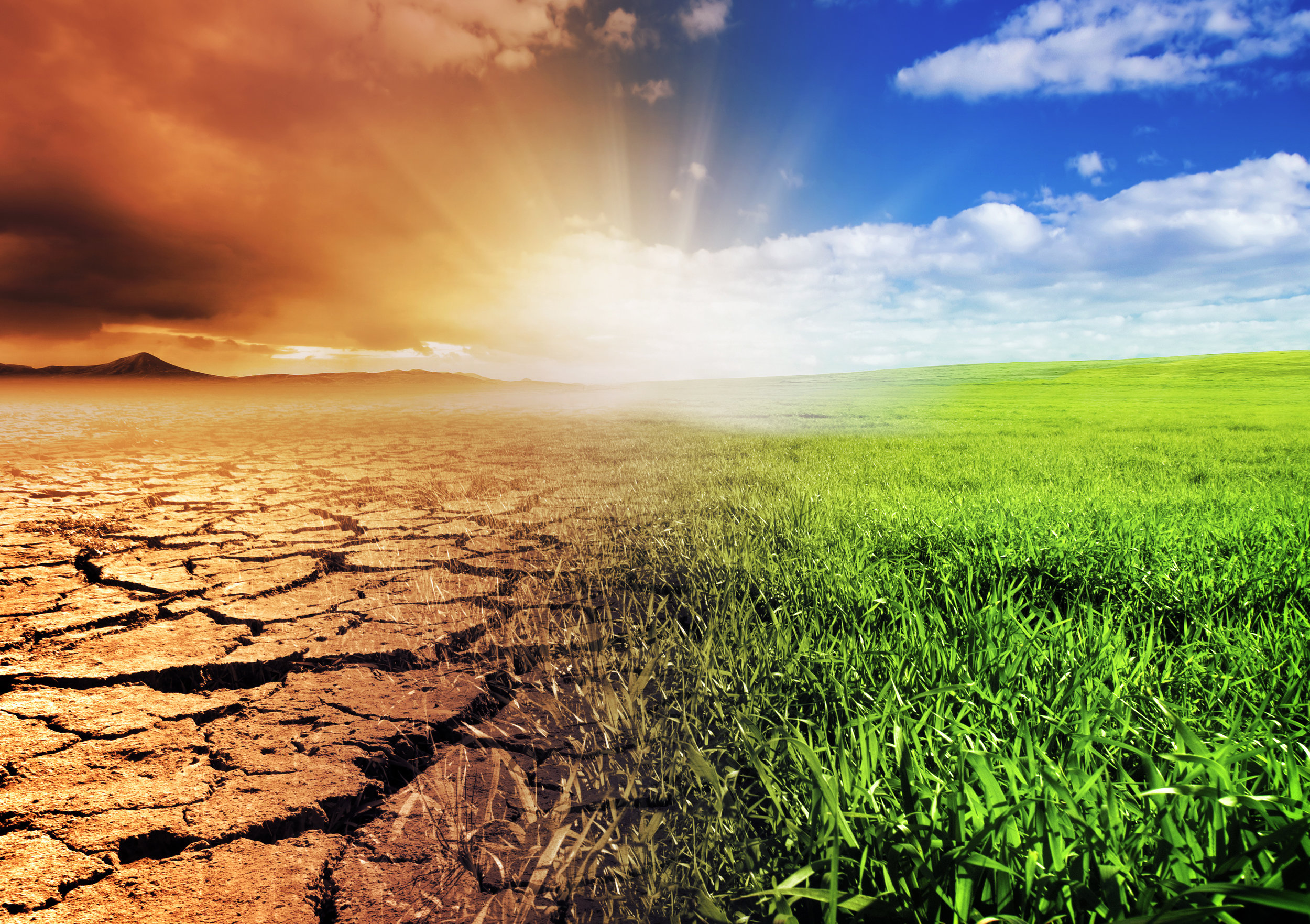

 Sports1 day ago
Sports1 day ago
 Metro2 days ago
Metro2 days ago
 Tech2 days ago
Tech2 days ago
 Metro16 hours ago
Metro16 hours ago



